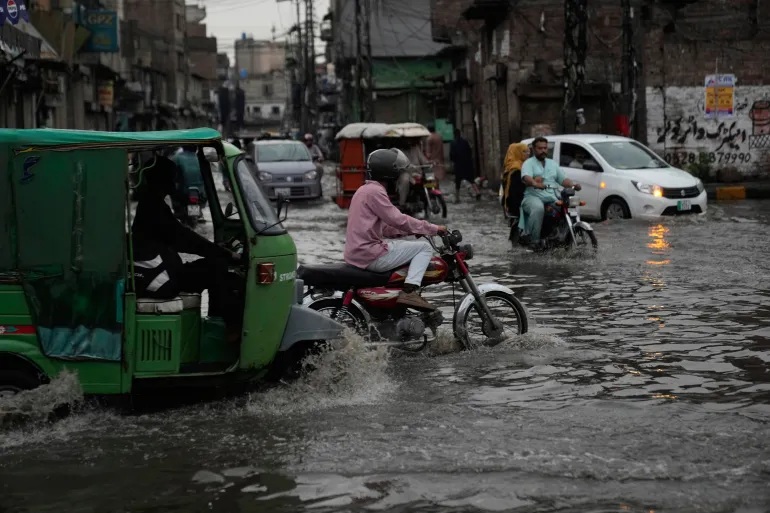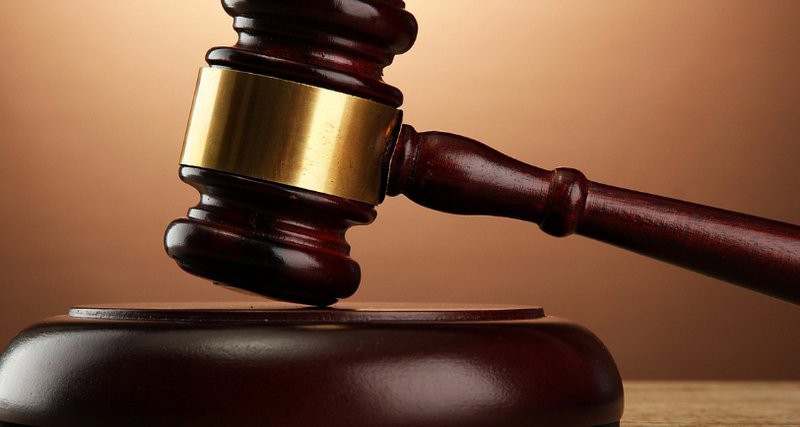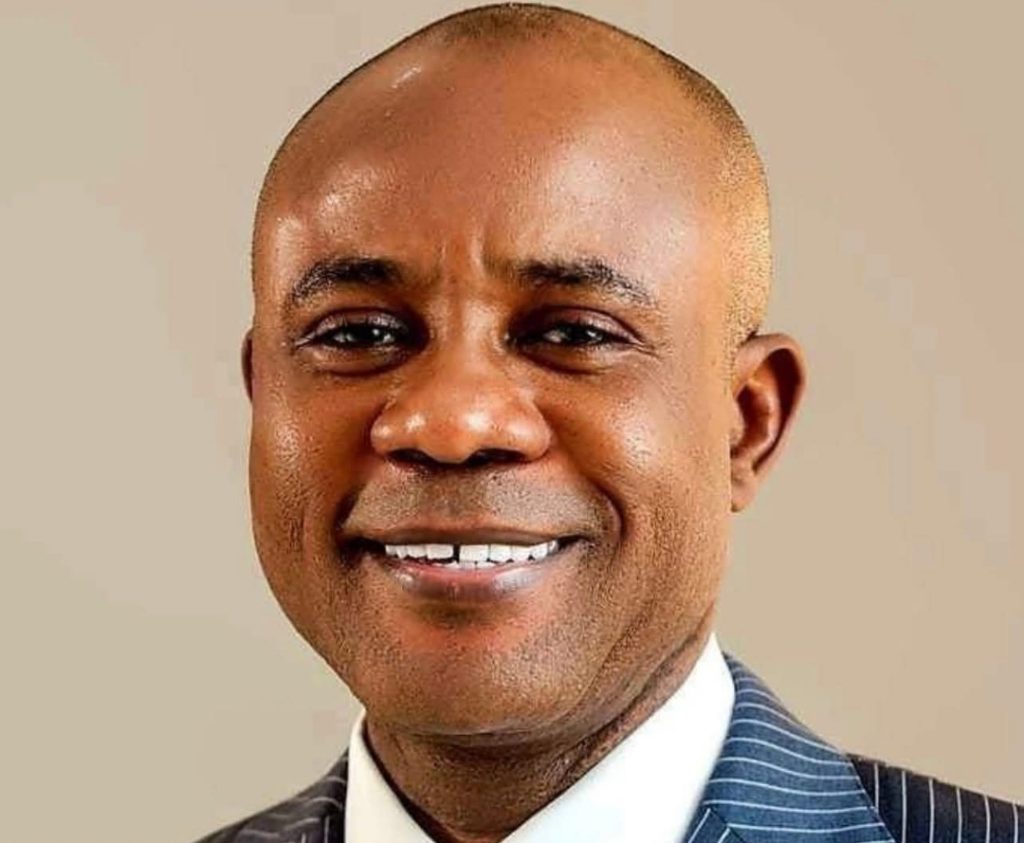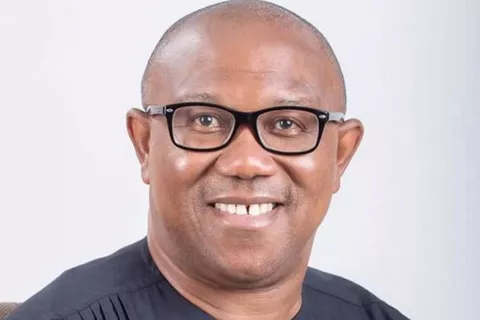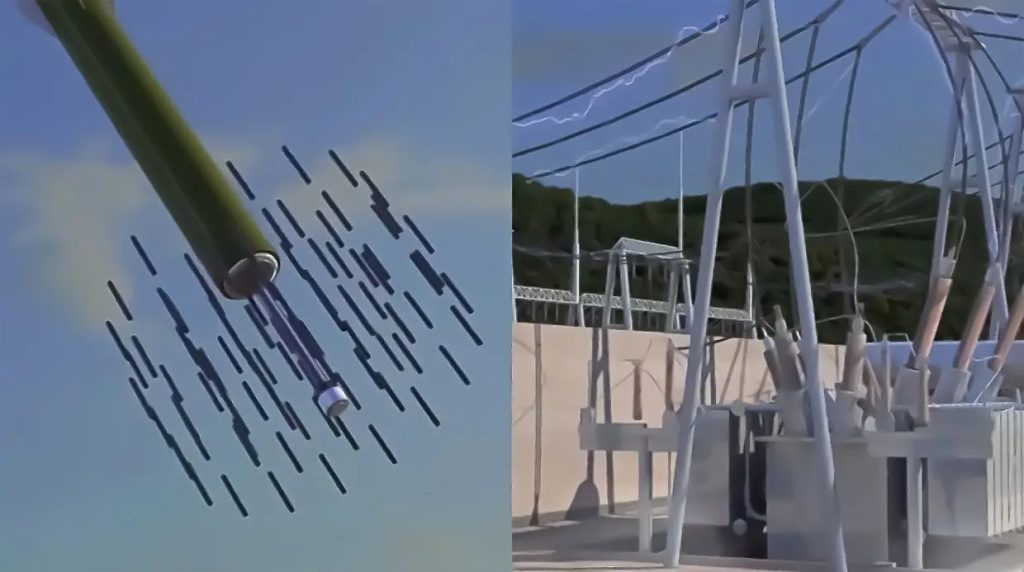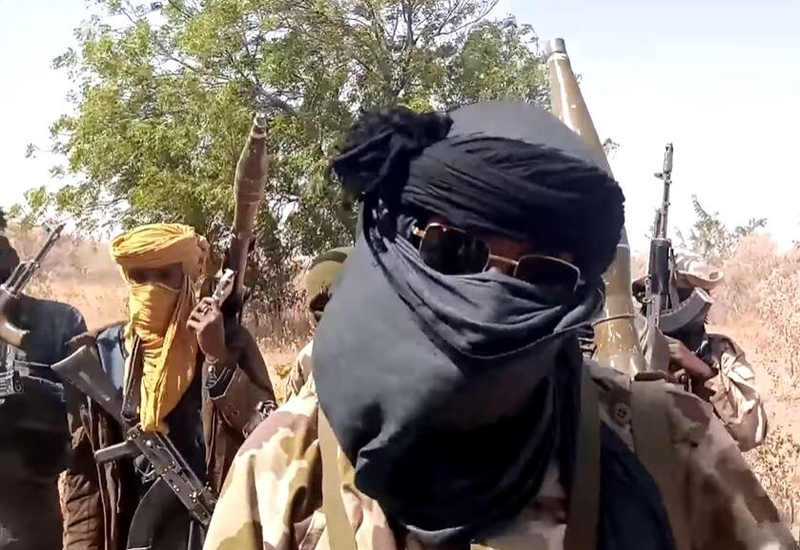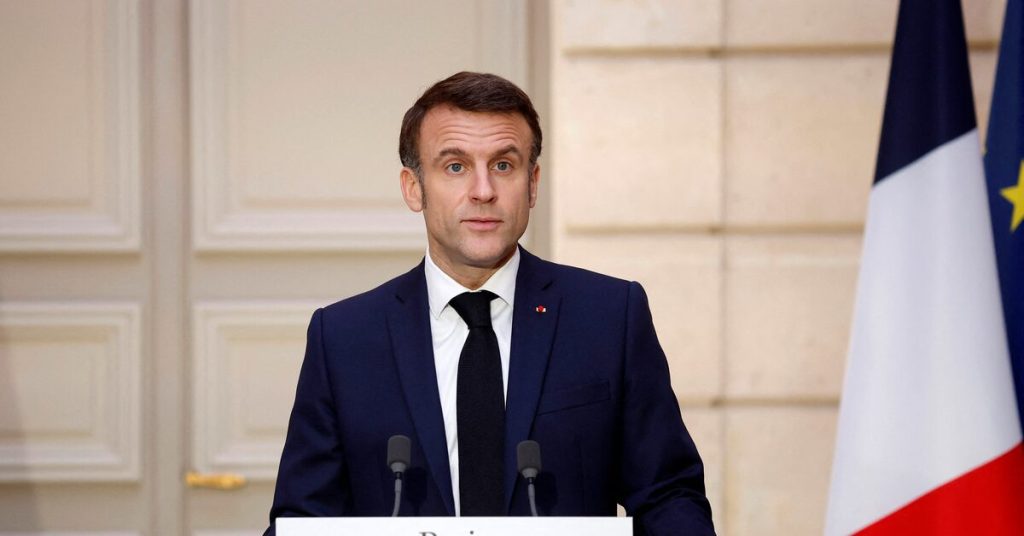Featured
Sudanese Army recapture presidential palace, dislodge rebels

The Sudanese army has recaptured the presidential palace in Khartoum from the militia Rapid Support Forces, military leaders have said.
The army appears poised to regain control of the capital two years after it was kicked out by its paramilitary rivals, known as the RSF.
The paramilitary group has yet to comment.
Nabil Abdallah, the army spokesperson, said on state TV that the military took control of the palace and ministry buildings in central Khartoum.
“Our forces completely destroyed the enemy’s fighters and equipment, and seized large quantities of equipment and weapons,” Abdallah added.
“We confirm that we will continue fighting until victory is complete.”
Khartoum is where the country’s brutal civil war began nearly two years ago, and where some of its biggest battles were fought.
The RSF has held most of the capital as well as the west of Sudan since the start of the war.
Reclaiming Khartoum would be a huge victory for the Sudanese Armed Forces and a pivotal moment in the conflict.
The army has also made gains in parts of central Sudan in recent weeks.
On Thursday, witnesses reported explosions from drone attacks and air strikes near the Republican Palace.
In a video recording on Saturday, RSF commander Mohamed Hamdan Dagalo, known as Hemedti, vowed to defend the presidential palace and surrounding areas that are under the control of his paramilitary group.
He threatened further attacks in several northern cities.
Several peace efforts have collapsed as the rival forces vow to continue fighting to control the strategic areas.
The war has caused the world’s largest humanitarian crisis, according to the UN, with both the RSF and the army accused of widespread human rights abuses.
How important is Khartoum for the troops?
Khartoum is extremely important for the Sudanese troops due to its strategic location and significance as the country’s capital.
The city has been a major battleground in the ongoing conflict between the Sudanese Armed Forces (SAF) and the Rapid Support Forces (RSF), with both sides vying for control.
Khartoum’s central location makes it a crucial hub for supplies and communication, connecting the city to other major towns and cities in Sudan.
The city’s capture would grant the controlling party significant leverage over the country’s governance and infrastructure.
The ongoing battle for Khartoum has resulted in substantial damage to the city’s infrastructure, including hospitals, markets, and residential areas.
The conflict has also led to a humanitarian crisis, with thousands of civilians displaced or trapped in the city.
Khartoum’s importance to the Sudanese troops stems from its strategic location, which connects the city to other major towns and cities in Sudan.
Control of the city would also grant the controlling party significant leverage over the country’s governance and infrastructure.
Additionally, capturing Khartoum would be a significant victory for either side due to its symbolic value as the capital city.
For Diaspora Digital Media Updates click on Whatsapp, or Telegram. For eyewitness accounts/ reports/ articles, write to: citizenreports@diasporadigitalmedia.com. Follow us on X (Fomerly Twitter) or Facebook



